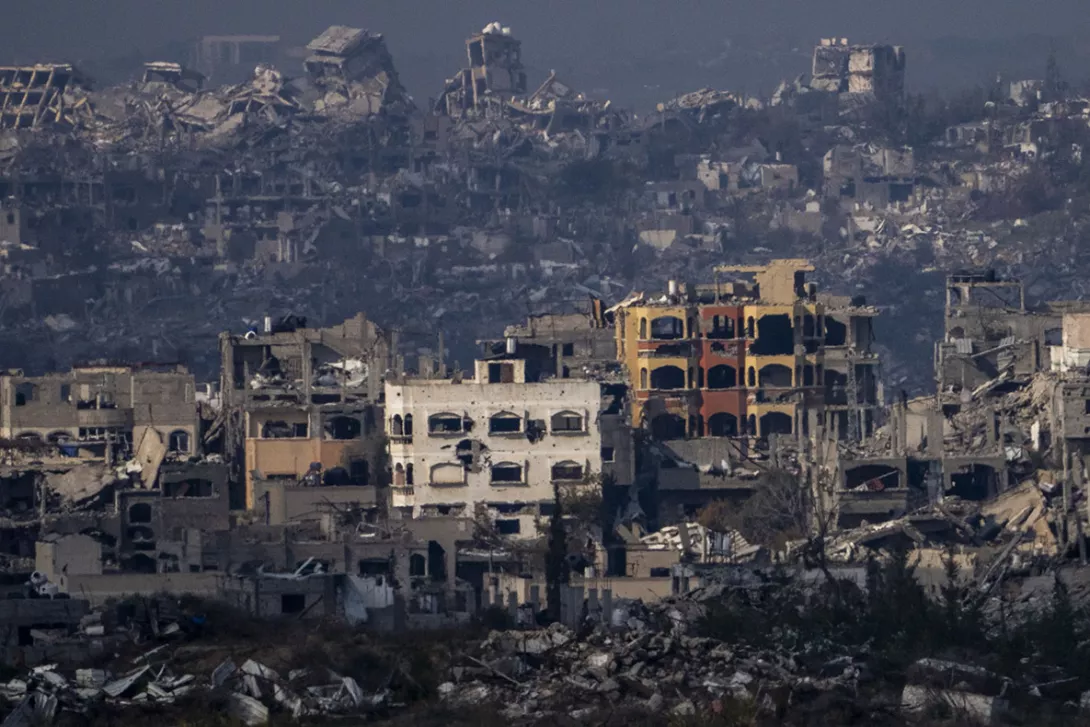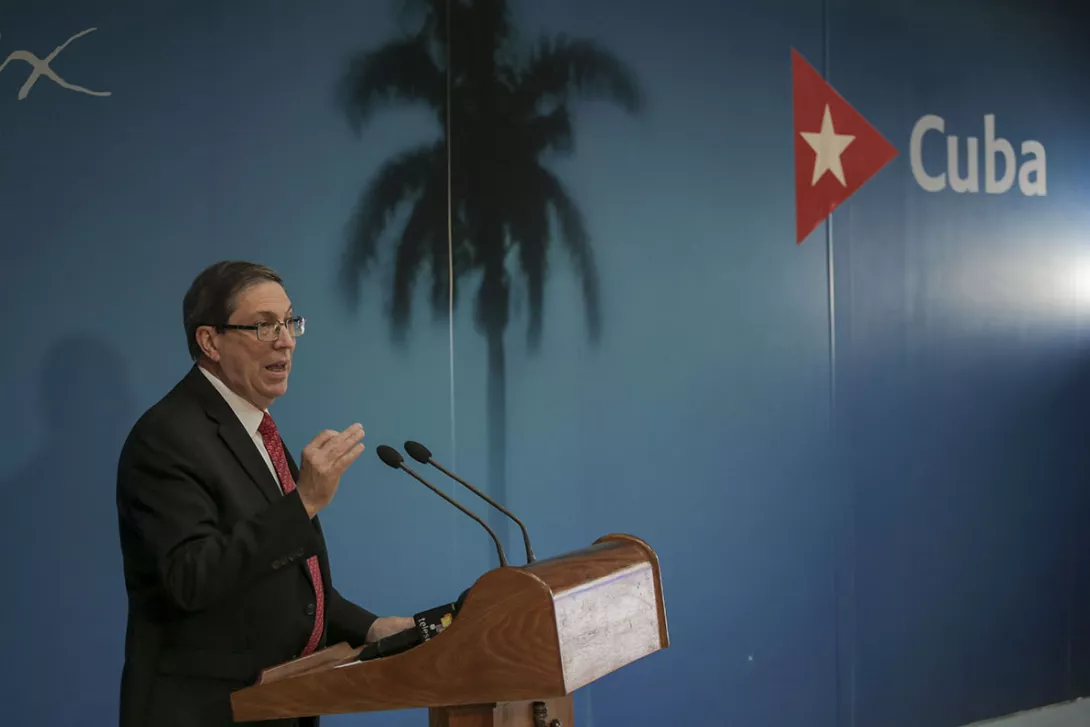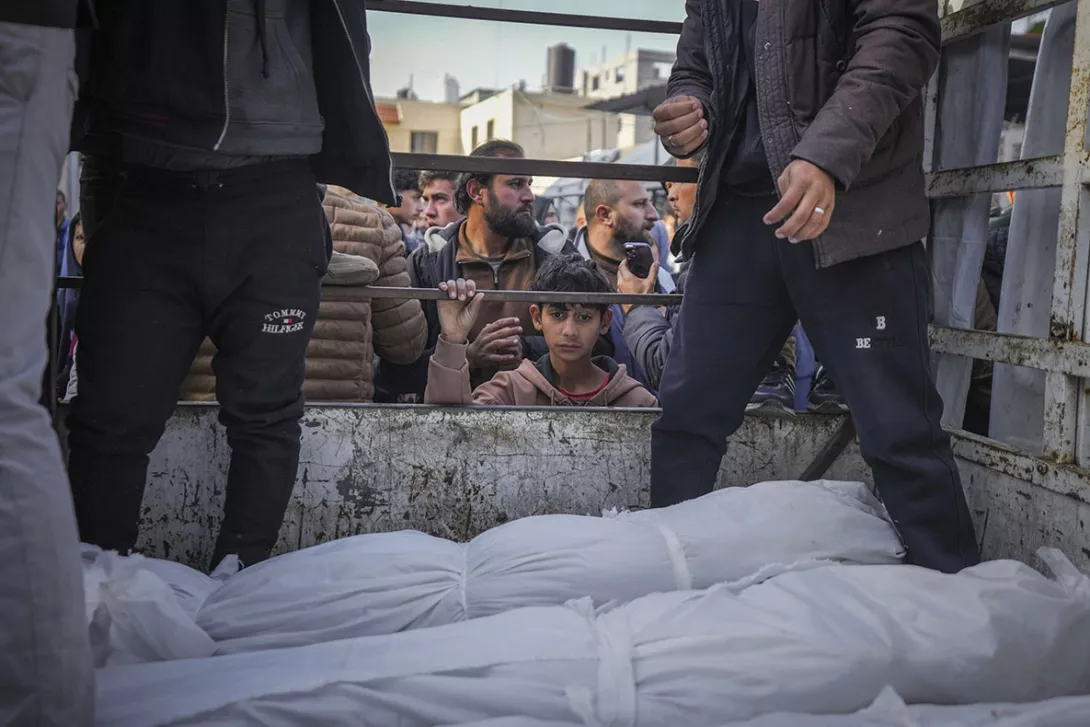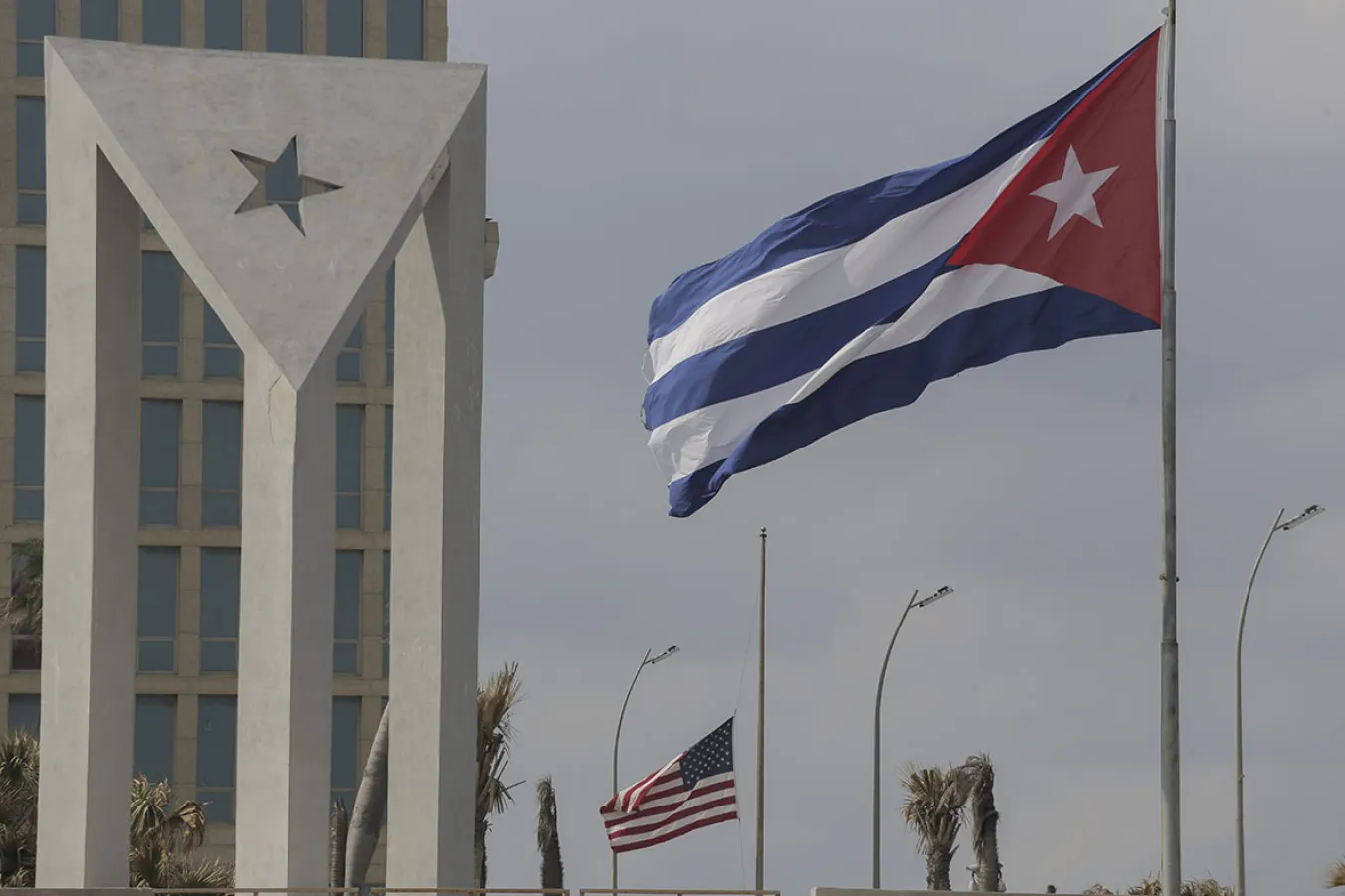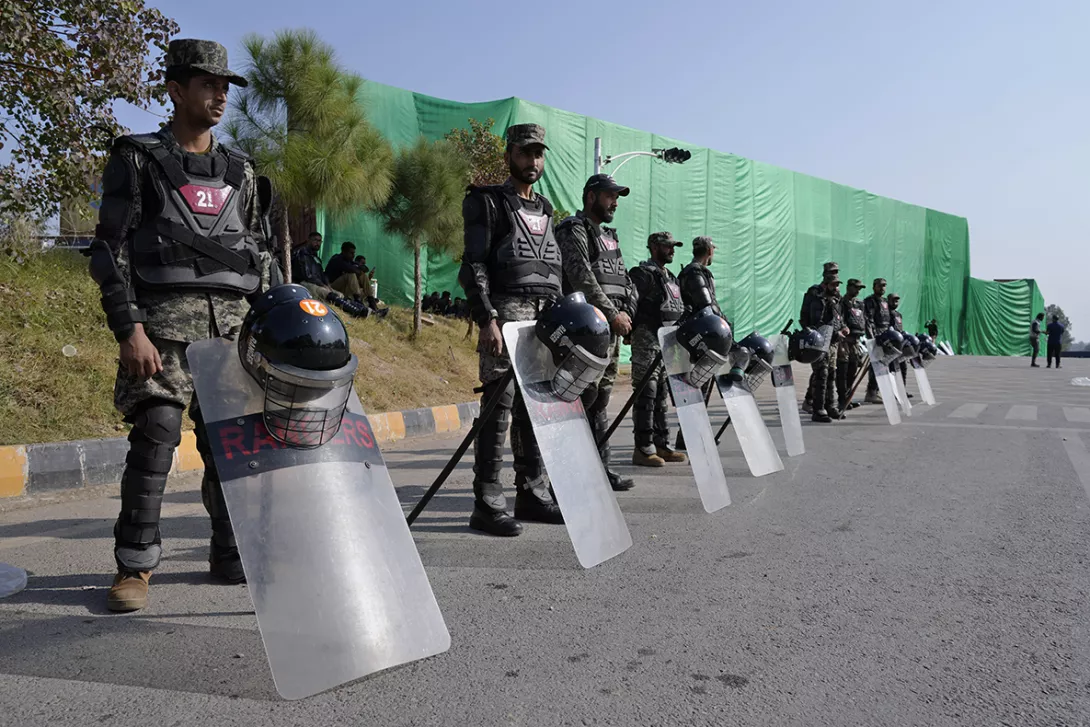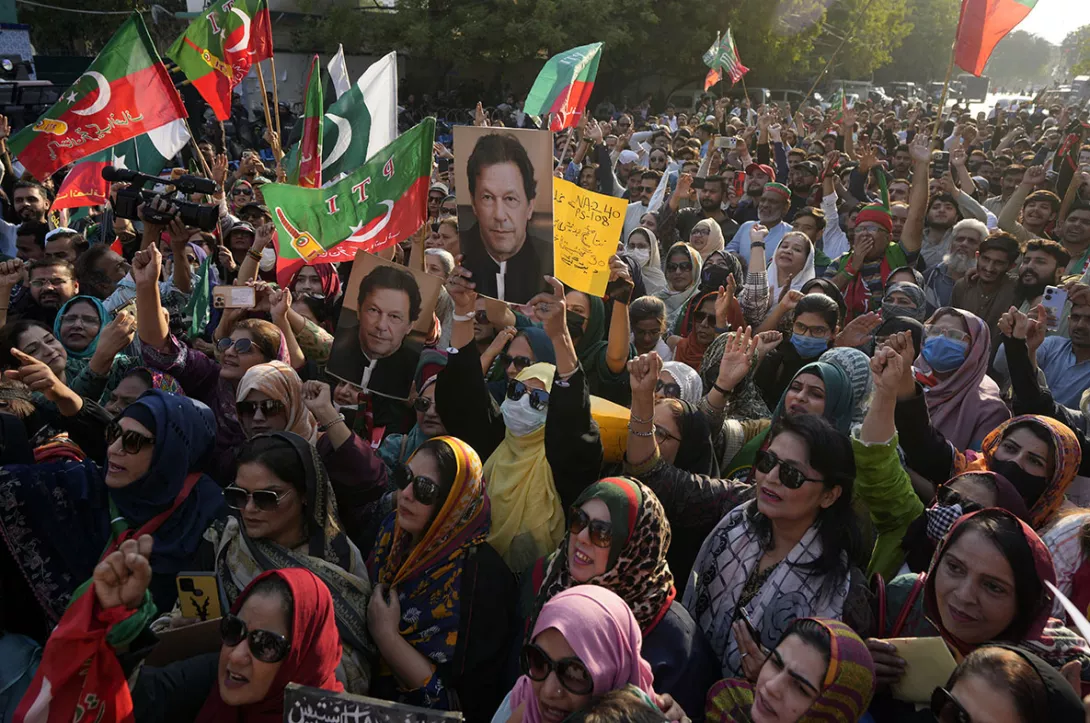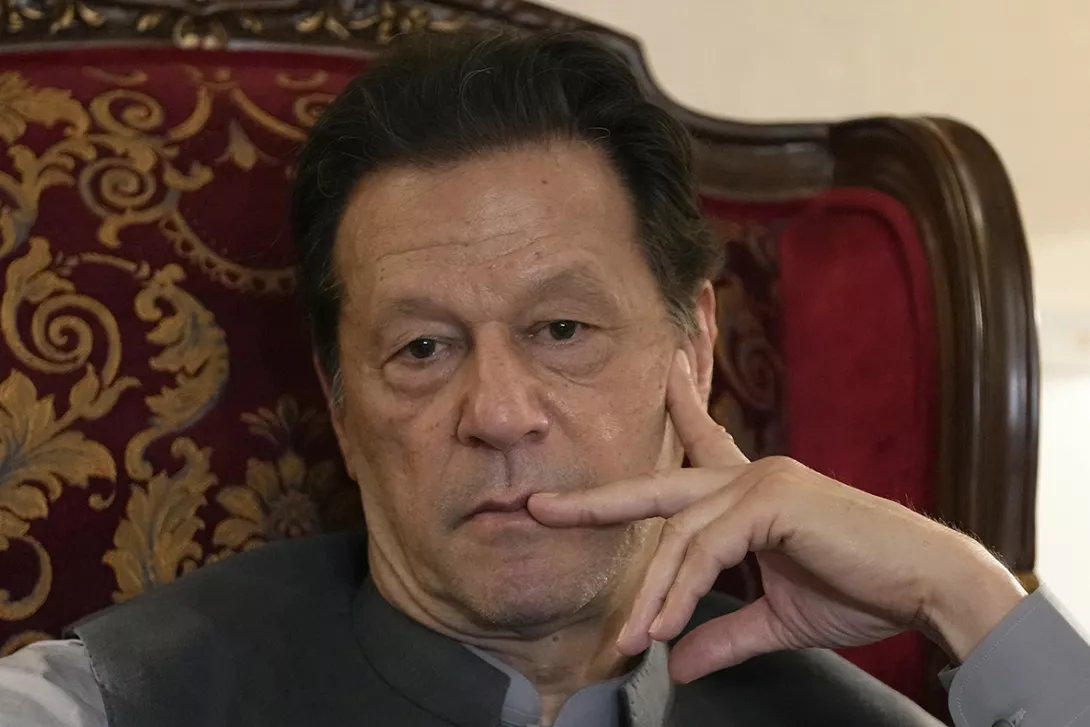Pakistan goes to the polls
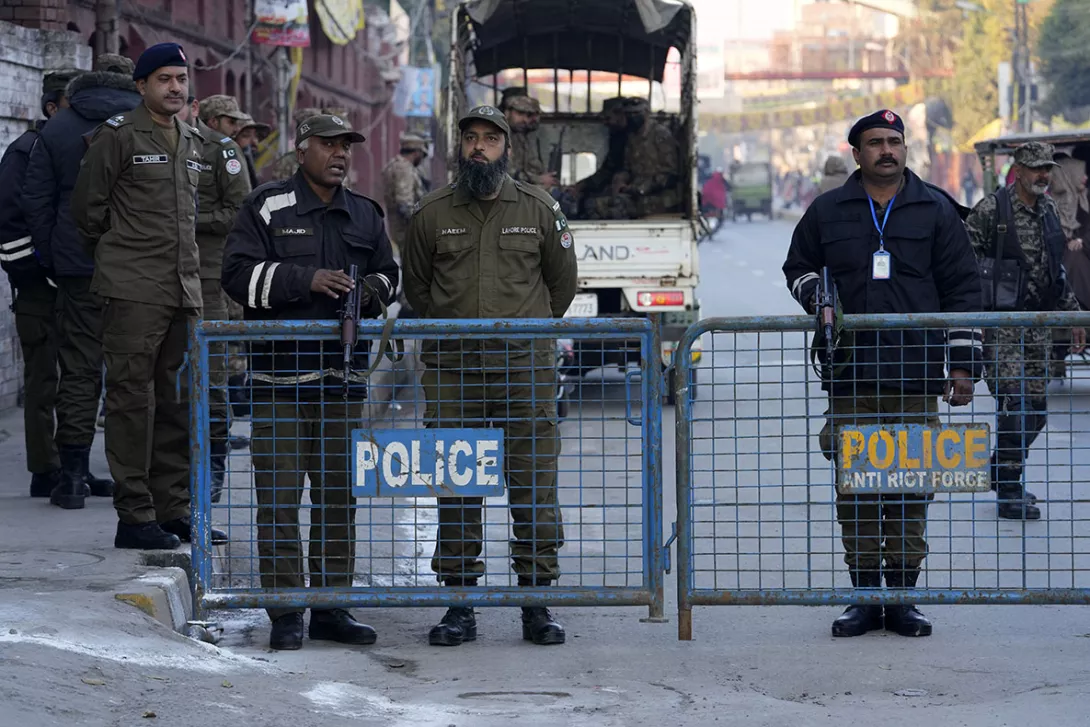
PAKISTANIS braved cold winter weather and the threat of violence to go to the polls to elect a new parliament today.
This came a day after twin bombings claimed at least 30 lives in the worst election-related violence ahead of the contested ballot.
Authorities suspended mobile phone services across the country which the country’s Interior Ministry said was done to maintain law and order. It did not say when the suspension would be lifted.
More from this author
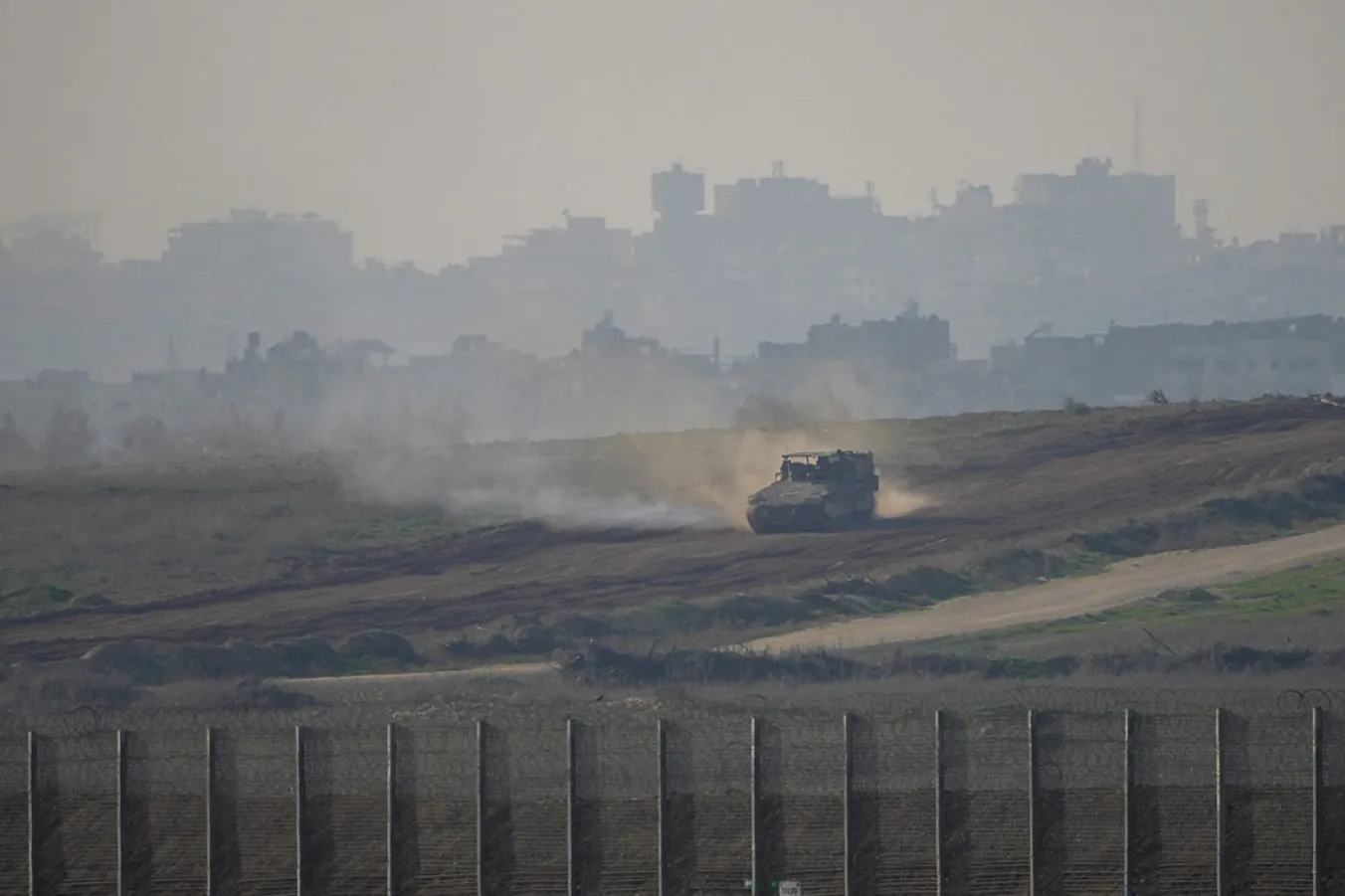
While Israel stalls on ceasefire agreement, its military kills another 78 people in Gaza


